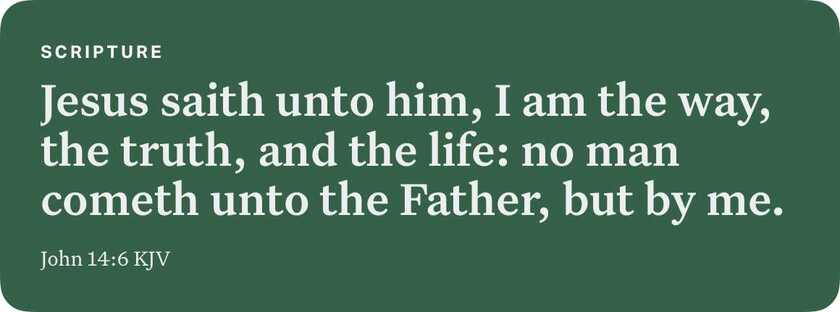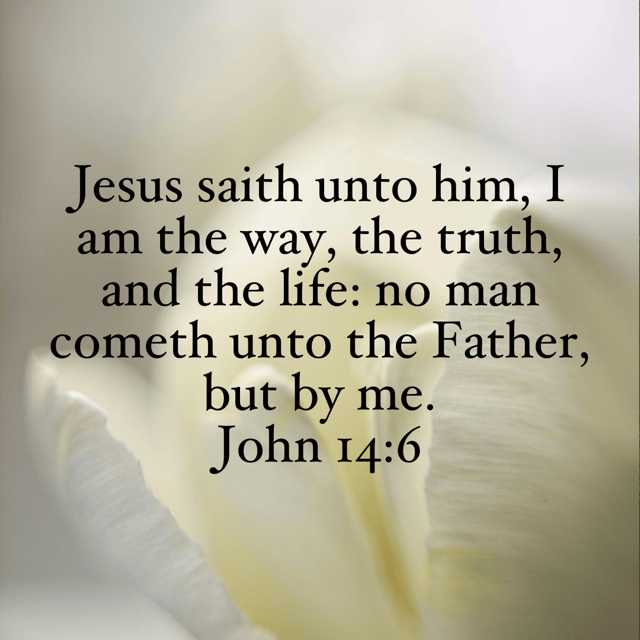I will share about Christian books I have read or listened to.
I will be sharing about my life before and after Christ. I will include stories about my pet and other pets I have encountered.
Strong in Hope
Psalm 31 is a heartfelt prayer of King David, a man who experienced numerous trials and challenges throughout his life. It’s a powerful reminder that even in the darkest moments of our lives, God remains steadfast and faithful to those who seek Him.
In Psalm 31:21-22, David feels trapped. He recalls a time when he was in a city under siege, feeling cut off from God's sight, engulfed by feelings of despair and isolation. But David didn’t lose sight of God's character and faithfulness. He cried out to the Lord for mercy, and in response, God heard David's plea and extended His hand.
Have you ever felt trapped?
This passage is a reminder that God's love and mercy are never far away. When we call out to Him in earnest, He hears our cries and responds with compassion.
“Be strong and take heart, all you who hope in the Lord.”
Psalm 31:24 NIV
This verse is a rallying cry, an invitation to anchor our souls in the hope that comes from our relationship with God. But there are two things we have to remember about hope in the Lord.
First, hope isn’t just optimism. It’s a profound trust in His character and promises. It’s knowing that God is our ever-present help in times of trouble (Psalm 46:1) and that His love for us is steadfast and unchanging (Psalm 136:26). When we place our hope in God, we tap into a source of strength that transcends our circumstances.
Second, hope in the Lord is not passive, but active. It empowers us to face challenges head-on, knowing that we are not alone in our struggles. Our hope rests on the One who hears our cries and responds with love and mercy.
In times of distress, when we feel like we are cut off from God's sight, remember the wonders of His love displayed in the life, death, and resurrection of Jesus Christ. In Him, you’ll find the ultimate expression of God's unfailing love for us.
“Then all Israel gathered themselves to David unto Hebron, saying, Behold, we are thy bone and thy flesh. And moreover in time past, even when Saul was king, thou wast he that leddest out and broughtest in Israel: and the LORD thy God said unto thee, Thou shalt feed my people Israel, and thou shalt be ruler over my people Israel. Therefore came all the elders of Israel to the king to Hebron; and David made a covenant with them in Hebron before the LORD; and they anointed David king over Israel, according to the word of the LORD by Samuel. And David and all Israel went to Jerusalem, which is Jebus; where the Jebusites were, the inhabitants of the land. And the inhabitants of Jebus said to David, Thou shalt not come hither. Nevertheless David took the castle of Zion, which is the city of David. And David said, Whosoever smiteth the Jebusites first shall be chief and captain. So Joab the son of Zeruiah went first up, and was chief. And David dwelt in the castle; therefore they called it ...
















